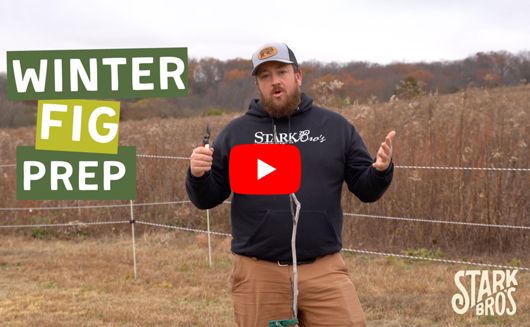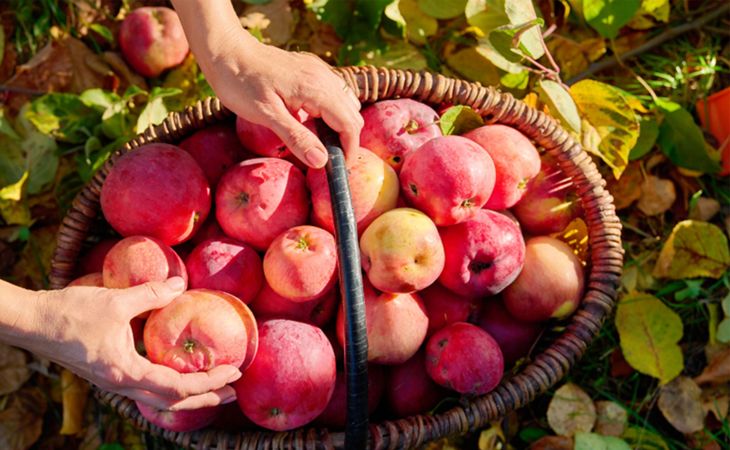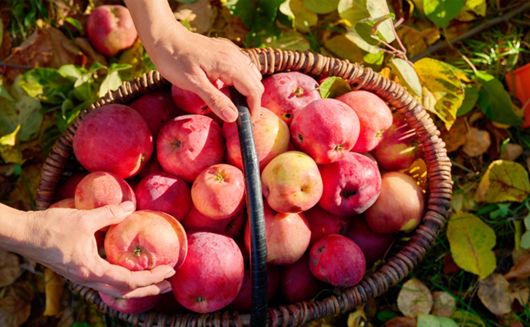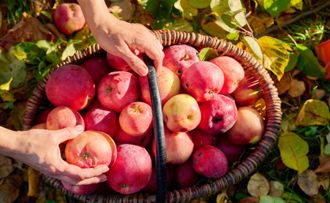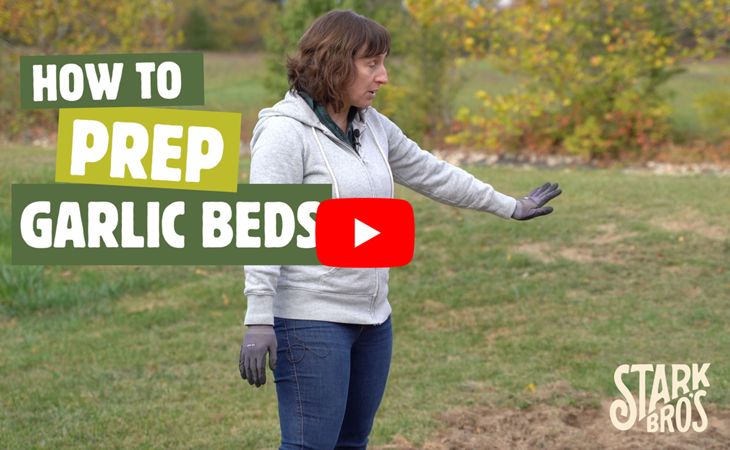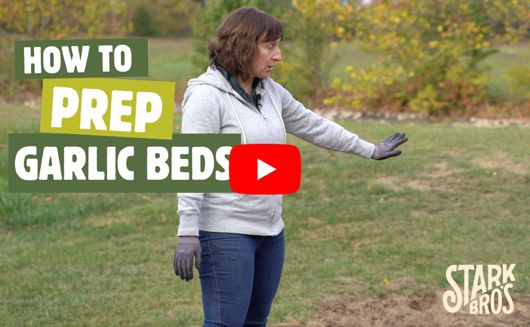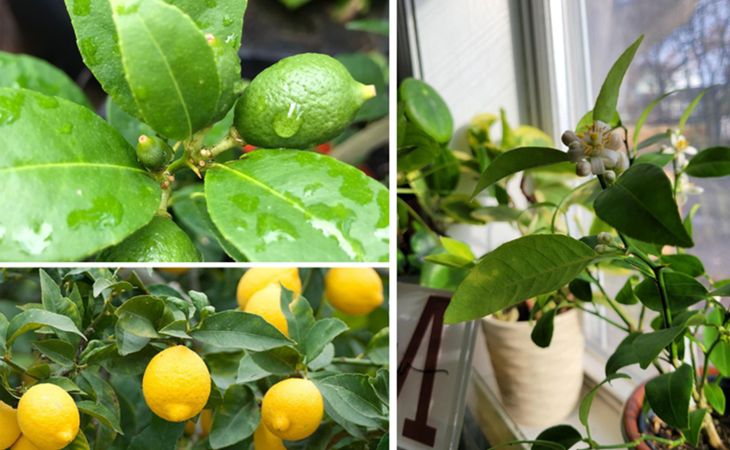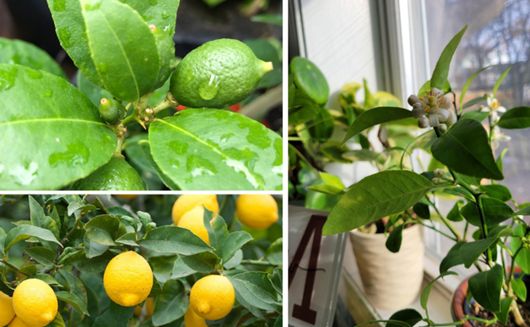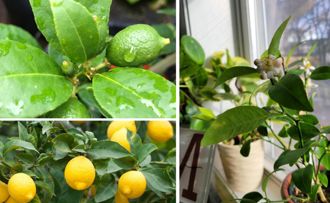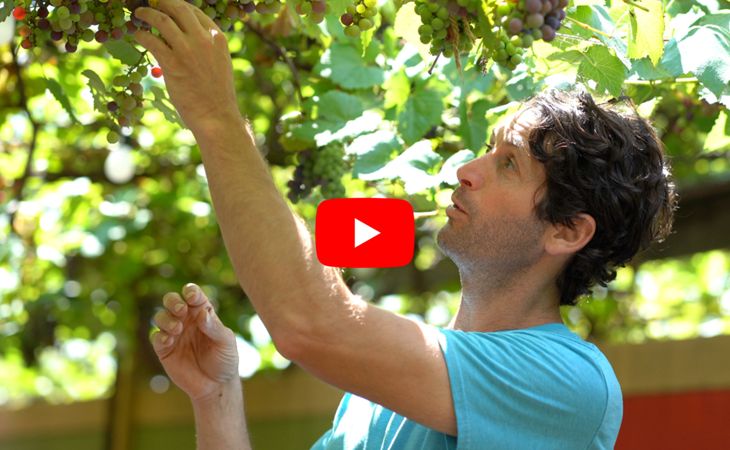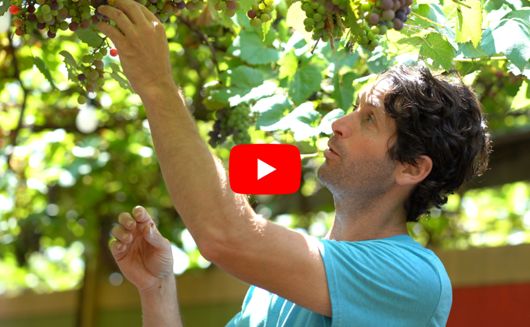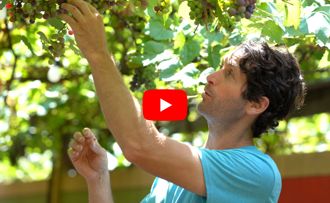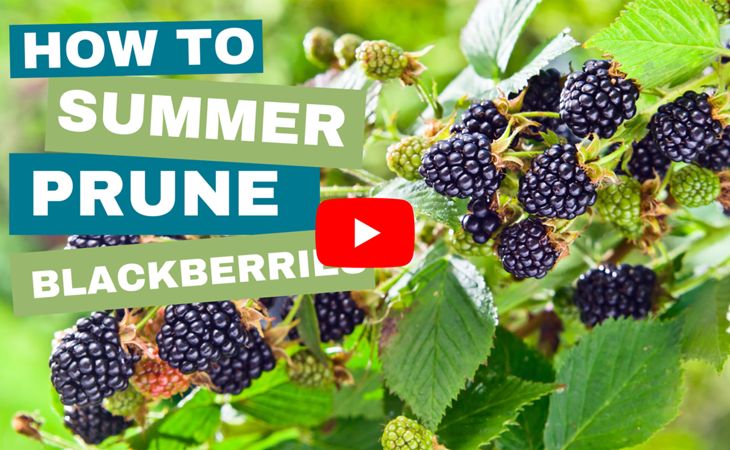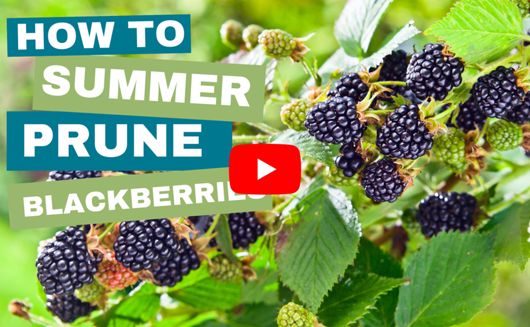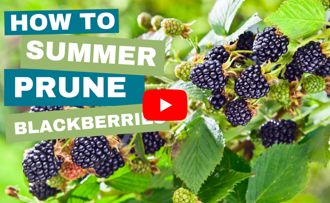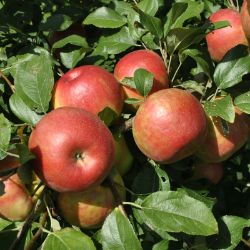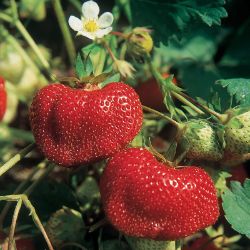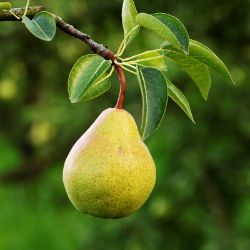Summer Pruning for Everbearing Berry Plants: A Guide
1. Understanding Everbearing Varieties
Everbearing berry plants are unique in that they produce two harvests each season:
First Harvest: Early summer on the previous year’s canes (floricanes).
Second Harvest: Late summer or early fall on the current year’s canes (primocanes).
This dual fruiting pattern requires special attention when pruning to maximize both harvests.
2. Pruning Everbearing Raspberries
Timing:
After Summer Harvest: The best time to prune is after the first (early summer) harvest, typically in June or July. This allows the plant to focus energy on the second crop.
Steps for Pruning:
Remove Spent Floricanes: After the first summer harvest, cut back the spent floricanes to ground level. These canes will not produce again and should be removed to make room for new growth.
Thin Out Primocanes: To improve air circulation and sunlight penetration, thin out the primocanes (current year’s canes) to about 4-6 of the strongest canes per linear foot of row. This prevents overcrowding and encourages larger, healthier berries.
Tip Pruning: If the primocanes are growing excessively tall, tip prune them by cutting the top 2-4 inches. This encourages lateral branching, which leads to more fruiting sites.
Benefits of Summer Pruning:
Increased Airflow: Reducing cane density helps prevent fungal diseases such as powdery mildew and fruit rot.
More Fruit Production: By removing the old floricanes and thinning primocanes, the plant can focus its energy on developing fruit on the remaining canes.
3. General Summer Pruning Tips
Tools:
Pruning Shears: Use clean, sharp pruning shears to make precise cuts. This prevents tearing or damaging the plants, which could lead to disease.
Sanitization: Always sanitize your pruning tools between plants or cuts to prevent the spread of diseases.
Monitoring for Disease:
Check for Signs of Disease: As you prune, inspect your plants for any signs of disease, such as discoloration or wilting. Remove and dispose of any infected canes or leaves to prevent spreading.
Summer pruning of everbearing berry plants is a simple but crucial task for maintaining healthy, productive bushes. By removing spent canes, thinning out crowded areas, and cutting back old growth, you encourage better fruit production and reduce the risk of disease. This regular maintenance will help ensure that your everbearing raspberries continue to produce delicious berries throughout the growing season.
- Article Categories:
- Summer Gardening


